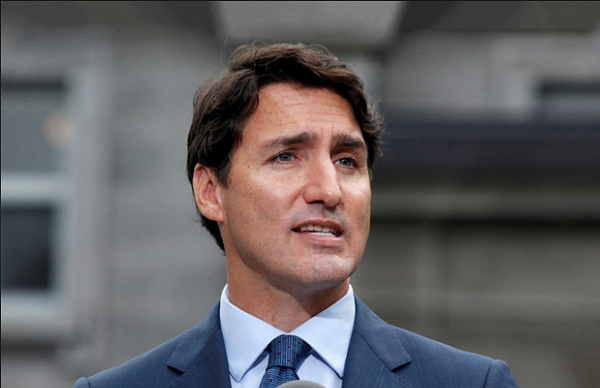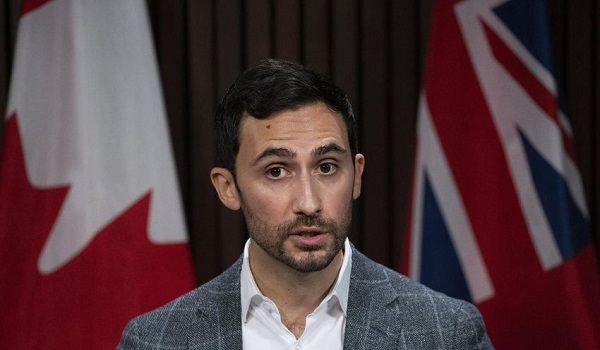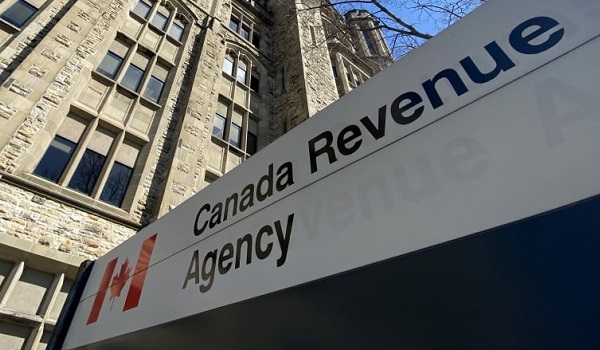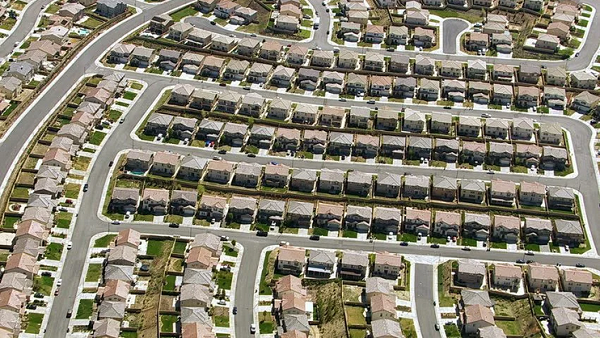Trudeau says some asylum seekers smuggled in through organized crime from Mexico
Prime Minister Justin Trudeau says organized crime is playing a role in bringing some asylum seekers from Mexico to this country, but he was mum on whether Ottawa plans to impose visa restrictions on travellers from Canada’s North American neighbour.
Mr. Trudeau, who made his remarks during a visit to Winnipeg Friday, said Canada is in talks with Mexico to stem the flood of asylum seekers. Ottawa has previously said it’s weighing imposing a visa requirement on Mexican visitors.
“We’re in conversations with Mexico about making sure the number of asylum seekers, some of them supported by organized crime in Mexico … are reduced,” he said during a conversation at a Winnipeg Chamber of Commerce event.
The Immigration and Refugee Board has reported a surge in refugee claims by Mexicans arriving in Canada, rising to 17,490 claims in 2023 from 250 in 2016. IRB statistics show only a fraction of these claims have been accepted.
Last week the RCMP told the House of Commons immigration committee it was probing the role of criminals in the smuggling of people to Canada.
“We can say that in Canada from our investigations across the country that there is Mexican organized crime involved in this,” Richard Burchill, the RCMP’s acting assistant commissioner of federal policing criminal operations, said.
In the same committee meeting Immigration Minister Marc Miller suggested Ottawa would take steps to address Mexican asylum seekers but added “I’m not going to tell you in advance when it will occur.”
Mexico’s government said last month it recognizes Canada’s concerns about the throngs of Mexican asylum seekers in Canada
Canada is considering immigration measures on visiting Mexicans after Quebec Premier François Legault in January urged Ottawa to slow the influx of refugees that he said are straining the province’s resources.
“Mexican nationals represent a growing proportion of the asylum seekers arriving in Quebec, the possibility of entering Canada from Mexico without a visa certainly explains part of the flow of asylum seekers,” Mr. Legault said in a January letter. Nearly 60,000 asylum seekers – including Mexicans – were registered in Quebec in the first 11 months of last year, he wrote.
In a statement Jan. 24, Mexico’s foreign affairs secretariat said it met with Canadian officials in December to address Ottawa’s concerns about the flow of refugee claimants. The secretariat said the two countries agreed on measures to address the matter and noted asylum applications from Mexicans in Canada dropped in December.
Public Safety Minister Dominic LeBlanc told CBC News in January that Ottawa is considering measures including visas to “ensure that people who arrived from Mexico arrived for the appropriate reasons and that this doesn’t become sort of a side door to get access to Canada.” No decision has been made.
Mexican refugee claims in Canada have jumped since 2016 when Prime Minister Justin Trudeau’s Liberal government scrapped a requirement for Mexican visitors to obtain visas before travelling here.
Official Opposition Leader Pierre Poilievre has called on Ottawa to reimpose visa requirements on Mexicans.
“In 2016, the Trudeau government lifted visa requirements on Mexico that the previous Conservative government introduced, leading to increasing fraud and abuse in the asylum system, straining Canada’s ability to provide services and creating long processing delays for legitimate asylum seekers before the Immigration and Refugee Board,” Mr. Poilievre said in a statement.
“Moreover, there are serious concerns about the involvement of organized crime, using the system to engage in human trafficking,” Mr. Poilievre added.
Mexico’s foreign affairs secretariat said in its January statement it wants to identify solutions to address what it called legitimate concerns from Canada and provinces without interfering in the orderly movement of people between the two countries.
This article was reported by The Globe and Mail














